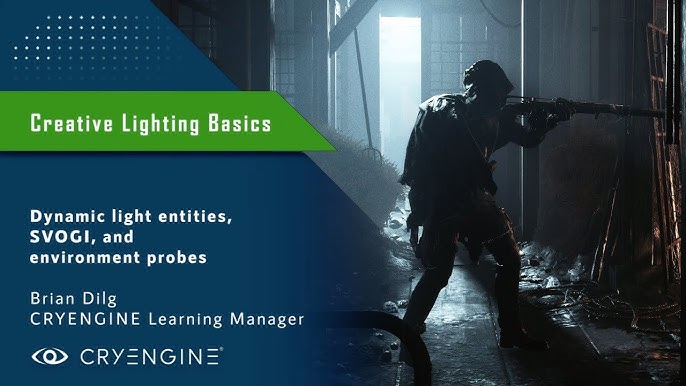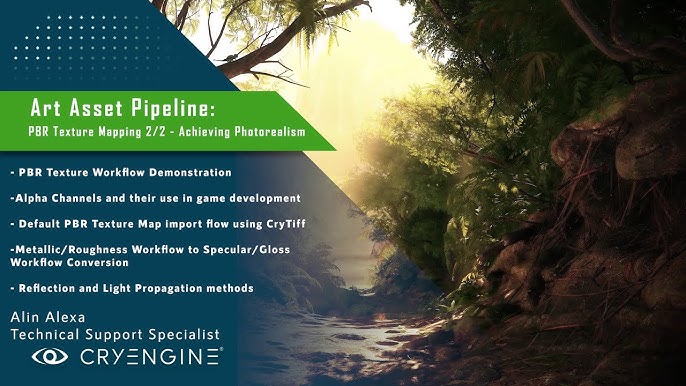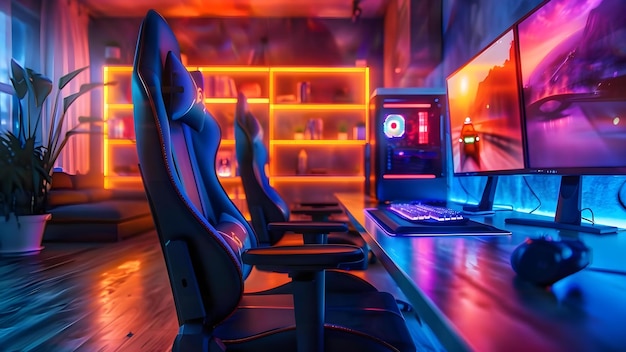Night City Beckons Again: CD Projekt Red's Cyberpunk 2077 Sequel and the Leap to Unreal Engine 5 As a veteran of the game development trenches for over a decade, I've seen countless engine transitions, sequel announcements, and strategic pivots.

As a veteran of the game development trenches for over a decade, I've seen countless engine transitions, sequel announcements, and strategic pivots. But CD Projekt Red's announcement of a Cyberpunk 2077 sequel, coupled with their commitment to Unreal Engine 5, feels particularly significant. It's more than just a new game; it’s a bold statement about the future of the studio, their approach to development, and what we can expect from next-gen PC gaming. Let’s dive into why this is such a big deal.
A Second Chance in Night City: The Sequel Announcement
The original Cyberpunk 2077's launch was, to put it mildly, rocky. Performance issues, bugs, and a gap between promise and reality left a bitter taste for many players, especially on PC. However, CD Projekt Red has worked tirelessly to address these issues, releasing patches and updates that have significantly improved the game. The Phantom Liberty DLC, a considerable expansion, was generally well-received. Announcing a sequel signals a commitment to the Cyberpunk universe and, crucially, a chance to redeem the initial missteps. It says, "We learned, we listened, and we're coming back stronger." This is crucial for rebuilding trust with a community that felt let down.
Farewell, Red Engine; Hello, Unreal Engine 5
Perhaps the most impactful part of the announcement is the move to Unreal Engine 5. CD Projekt Red has historically relied on their proprietary REDengine, which powered The Witcher series and Cyberpunk 2077. Switching to Unreal Engine 5 is a monumental decision with far-reaching implications.
Why the change? Well, REDengine, while capable, likely presented significant challenges in terms of scalability, ease of use, and talent acquisition. Unreal Engine 5, on the other hand, offers a suite of cutting-edge tools and features, including Nanite for incredibly detailed environments and Lumen for dynamic global illumination.

Nanite, in particular, is a game-changer. It allows developers to import film-quality assets directly into the engine without significant optimization, leading to denser, more visually stunning worlds. Lumen delivers real-time global illumination and reflections, which can dramatically improve the realism and immersion of a game's environment.
Moreover, Unreal Engine 5 has a vast and readily available talent pool. Training new developers on a proprietary engine is costly and time-consuming. By adopting Unreal Engine 5, CD Projekt Red can tap into a global network of experienced developers, artists, and technical experts.
What This Means for the Cyberpunk 2077 Sequel
So, what does this engine shift mean for the sequel? In short, higher fidelity, faster development (potentially), and a more stable foundation. Here’s a deeper breakdown:
- Visual Fidelity: Expect a significant leap in graphical quality. Unreal Engine 5 is designed to push the boundaries of what's possible on PC, with realistic lighting, detailed environments, and lifelike character models. The move opens exciting possibilities for ray tracing and other advanced rendering techniques, enhancing graphical performance.
- Development Efficiency: While learning a new engine always presents an initial hurdle, Unreal Engine 5's user-friendly interface and extensive toolset should ultimately streamline the development process. This can lead to faster iteration, more efficient bug fixing, and potentially a shorter development cycle (though "shorter" in game development is still a relative term!).
- Modding Community: Unreal Engine is known for its strong modding support. This could foster a vibrant modding community around the Cyberpunk 2077 sequel, extending the game's lifespan and adding new content and experiences for players.
- Optimization Concerns: High fidelity also brings challenges. Optimizing a game built with Unreal Engine 5 for a wide range of PC hardware will be crucial. CD Projekt Red needs to ensure the sequel is scalable and performs well on both high-end and mid-range systems.
The Human Element: Impact on Developers
Engine transitions are never easy. They require developers to learn new tools, adapt to new workflows, and potentially rewrite significant portions of existing code. This can be stressful and demanding, especially for a studio that has historically relied on its own technology.

It’s important for CD Projekt Red to provide adequate training and support to its developers during this transition. Clear communication, realistic deadlines, and a focus on employee well-being are essential to ensure a smooth and successful shift to Unreal Engine 5. This will affect not only their work, but their families and overall work-life balance. The studio’s culture will need to adapt and mature during this time of significant change.
Lessons Learned and Future Expectations
The Cyberpunk 2077 saga has been a rollercoaster. However, CD Projekt Red's willingness to learn from its mistakes, coupled with its bold decision to embrace Unreal Engine 5, suggests a promising future. The sequel represents a chance to deliver on the original vision of Night City – a vibrant, immersive, and technically polished open-world experience.
For PC gamers, this news should be met with cautious optimism. The potential for stunning visuals and innovative gameplay is undeniable. However, it’s also important to remember that game development is a complex process, and challenges are inevitable.

The Road Ahead: Key Questions Remain
Several key questions remain:
- Will the transition to Unreal Engine 5 truly streamline development? Engine changes can be disruptive, and it will take time for CD Projekt Red to fully master the new technology.
- How will CD Projekt Red balance visual fidelity with performance optimization? Ensuring the game runs smoothly on a wide range of PC hardware is crucial.
- Will the sequel address the narrative shortcomings of the original game? A compelling story and well-developed characters are just as important as technical prowess.
Only time will tell if CD Projekt Red can deliver on the promise of the Cyberpunk 2077 sequel. However, their commitment to Unreal Engine 5, and the lessons learned from the original game, provide a solid foundation for success.

Conclusion: A New Era for CD Projekt Red and PC Gaming
The Cyberpunk 2077 sequel announcement is a landmark moment for CD Projekt Red and the PC gaming community. The move to Unreal Engine 5 signals a commitment to technological innovation and a desire to deliver a truly next-generation experience. While challenges undoubtedly lie ahead, the potential rewards are immense. As a veteran of the industry, I'm excited to see what CD Projekt Red can achieve with this new technology and a renewed focus on quality and player experience. Night City may have stumbled out of the gate, but the sequel offers a chance to create something truly special. It's a bold move that underscores the power of resilience and the enduring appeal of PC gaming.


